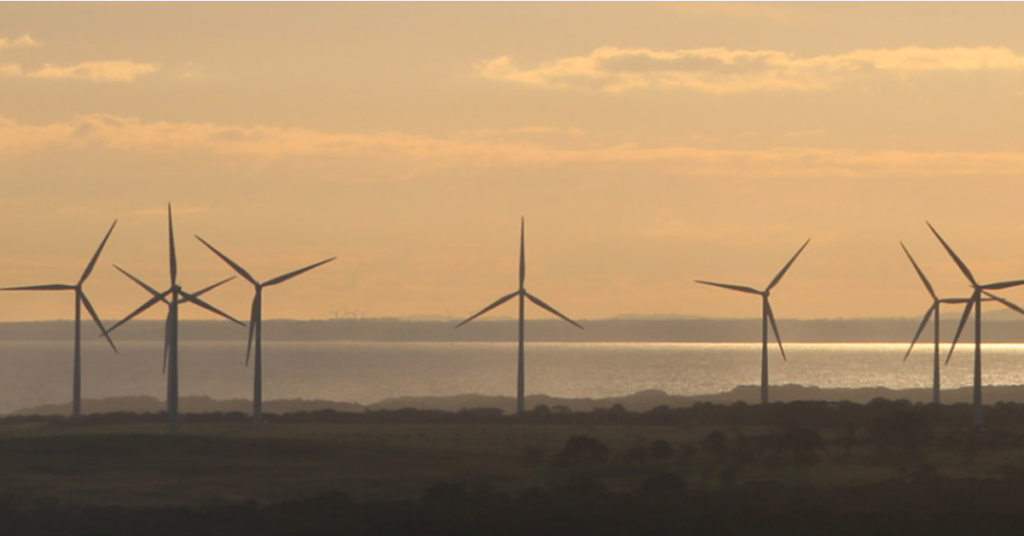Resurgence of carbon markets threatens people, politics and planet
from Expectations of Friends of the Earth International for COP25
As the international climate talks open today in Madrid, Spain, the world faces the re-emergence of a threat that could derail urgent action on the climate crisis: Carbon Markets are back on the table as a proposed ‘solution’ to reduce emissions.
Dipti Bhatnagar, Climate Justice and Energy Programme Coordinator for Friends of the Earth International, from Mozambique, said:
“Big polluters must be rubbing their hands in glee that carbon market mechanisms, which further dilute the already weak and inadequate Paris emissions targets, are back on the agenda. We will fight them tooth and nail. The climate crisis is already devastating lives. Emissions are still rising. Now is not the time to offer an escape route to polluting Northern country governments and big oil.”
Tackling the climate crisis requires a total, radical and immediate shift away from fossil fuels and a huge flow of finance from the global North to the global South. This is needed to repay the ecological debt, for a just transition and for loss and damage. We need an economic and political system which serves the needs of people, not profit – nothing less than radical system change.
Bhatnagar continued:
“Carbon markets fail to deliver emissions reductions or adequate climate action and impact horrifically on Indigenous Peoples and local communities. They only serve to strengthen corporate power and impunity, deflect responsibility from rich historical polluters and prevent urgent and equitable action on climate change.”
With an abrupt change of location a month ago, COP25 becomes the third of four consecutive UN climate conferences to be held in Europe. As a result, Southern participation continues to be undermined. Northern governments and corporations will be hoping for less scrutiny from communities in the South so they can try and push through dangerous false solutions. Friends of the Earth International and our allies in the climate justice movement will be watching.




 Our Government’s inaction on the climate crisis is contributing to catastrophic fire conditions. People are hurting. Communities are being devastated. And summer hasn’t even begun.
Our Government’s inaction on the climate crisis is contributing to catastrophic fire conditions. People are hurting. Communities are being devastated. And summer hasn’t even begun.